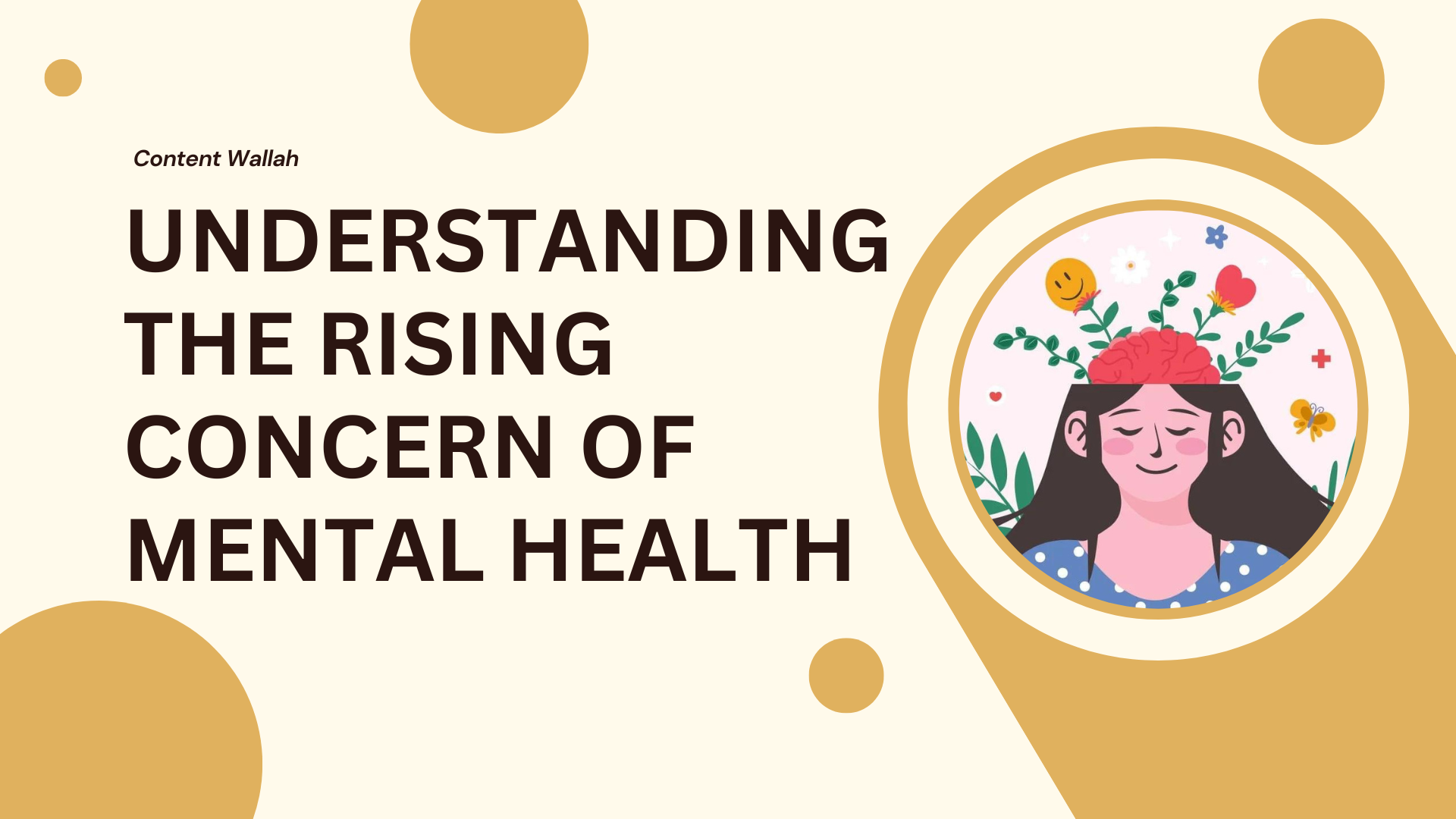
In today’s fast-paced and interconnected world, mental health has emerged as one of the most pressing issues affecting individuals across all demographics. From teenagers grappling with academic stress to adults navigating the demands of work-life balance, the prevalence of mental health disorders is on the rise. Amidst this backdrop, it becomes imperative to explore the factors contributing to this epidemic and advocate for greater awareness and support.
One of the primary contributors to the escalating mental health crisis is the stigma surrounding mental illness. Despite significant strides in raising awareness, misconceptions and stereotypes persist, leading many individuals to suffer in silence rather than seeking help. This culture of silence not only exacerbates the suffering of those affected but also perpetuates a cycle of shame and isolation.
Furthermore, the pervasive influence of social media and technology has transformed the way we interact and perceive ourselves. While these platforms offer unparalleled connectivity, they also cultivate an environment of comparison and unrealistic standards. The constant barrage of curated images and highlight reels can fuel feelings of inadequacy and low self-esteem, contributing to anxiety and depression.
Moreover, the relentless pursuit of success and productivity has taken a toll on mental well-being. In today’s hypercompetitive society, the pressure to excel in every facet of life—whether academic, professional, or personal—can be overwhelming. Burnout has become increasingly common, with individuals sacrificing their mental and emotional health in pursuit of external validation and achievement.
In addition to societal pressures, systemic barriers often hinder access to mental health care, particularly for marginalized communities. Structural inequities, including limited resources, lack of culturally competent care, and discrimination, create significant obstacles to treatment. As a result, many individuals are unable to receive the support they desperately need, perpetuating disparities in mental health outcomes.
Addressing the complex challenges posed by the mental health crisis requires a multifaceted approach. First and foremost, we must work to dismantle the stigma surrounding mental illness through education and advocacy. By fostering open dialogue and promoting empathy and understanding, we can create a more supportive and inclusive environment where individuals feel empowered to seek help without fear of judgment.
Furthermore, we must prioritize mental health education and resources in schools, workplaces, and communities. Providing individuals with the tools to recognize the signs of mental distress and access appropriate support services is crucial in early intervention and prevention. Additionally, investing in affordable and accessible mental health care, particularly in underserved areas, is essential to ensuring equitable access for all.
Beyond individual and community-level efforts, systemic change is needed to address the root causes of the mental health crisis. This includes advocating for policies that promote mental health parity, dismantle barriers to care, and invest in preventative measures and early intervention programs. By prioritizing mental health as a public health issue, we can create a society that values and prioritizes the well-being of all its members.
In conclusion, the rising prevalence of mental health disorders represents a significant challenge that demands urgent attention and action. By challenging stigma, expanding access to care, and advocating for systemic change, we can create a future where mental health is valued, supported, and prioritized. Together, we can build a more compassionate and resilient society where every individual has the opportunity to thrive.





